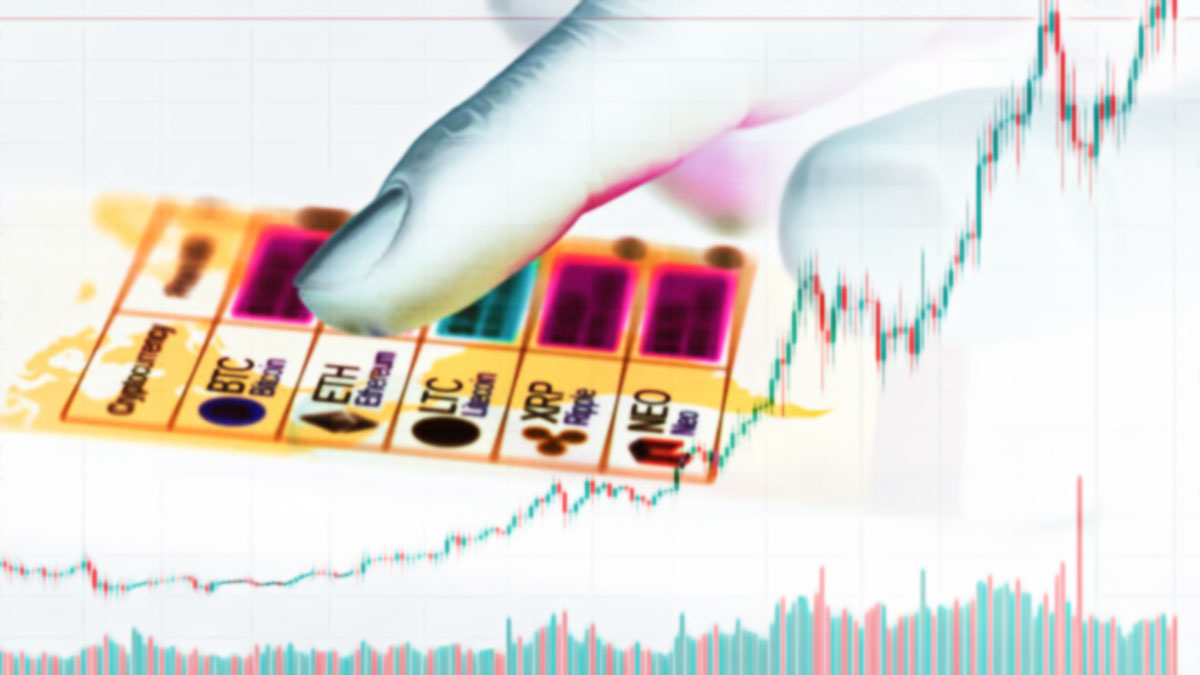In a decisive policy shift, the Central Bank of the Republic of Turkey (TCMB) has increased its main policy rate by 5 percentage points, hiking it to 50% from the previous 45%. This move aims to address the persistent inflationary pressures in the economy. Contrary to analysts’ forecasts that rates would hold steady, the Central Bank delivered a surprise hike, signaling a more aggressive stance on inflation control.
Unexpected Rate Jump Shocks Economists
Despite prior communications suggesting a pause in rate adjustments, the TCMB’s substantial hike defied market expectations. The increase was complemented by an upward adjustment in overnight borrowing and lending rates, which now stand at 48.50% and 51.50% respectively, further tightening the monetary environment.
Central Bank’s Strategy Draws Attention
Economists, who had predicted the year-end policy rate to remain at 45%, are now closely observing the Central Bank’s additional tightening measures. These include elevated interest rates for cash withdrawals and the implementation of new measures to bolster the share of Turkish lira deposits, indicative of a broader strategy to stabilize the currency and curb inflationary growth.
Financial analysts had varying expectations about the TCMB’s trajectory, with some foreseeing a potential rate cut in early 2025, while others expected the rate to stay stable through 2024, possibly with additional tightening if inflation escalates.
Marek Drimal of Societe Generale and Piotr Matys from In Touch Capital Markets had differing views on future actions by the TCMB. Drimal predicted a possible 500 basis point cut in 2025 following the hike, while Matys suggested further tightening could be on the horizon if inflation rises.












